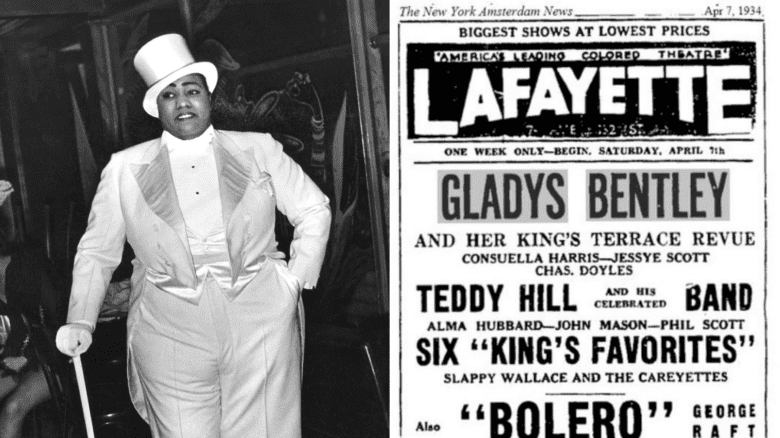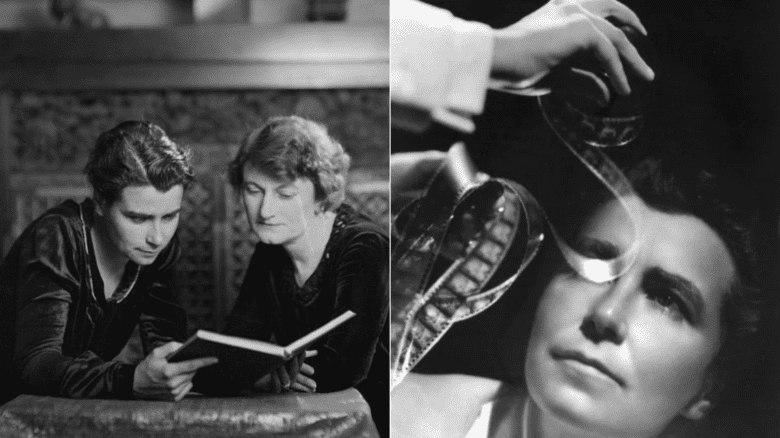On April 10, 1912, the RMS Titanic set sail from Southampton, England, for New York. It sank in the North Atlantic four days later. Among the passengers were the wealthy, the famous and the gay.
“Clearly, there were just as many queer people a century ago as there are today,” says Hugh Brewster, the author of RMS Titanic: Gilded Lives on a Fatal Voyage.
Brewster’s book enlists Frank Millet, a gay man, as the protagonist in his account of the events on the ill-fated voyage. Brewster devotes an entire chapter, “Queer Lot of People,” to the Titanic’s gay and lesbian passengers.
Brewster has written several books about the Titanic. He also worked with Robert D Ballard on The Discovery of the Titanic and oversaw the creation of Titanic: An Illustrated History, which provided the inspiration for James Cameron’s blockbuster movie.
Below is a video interview with Brewster. On April 30th at 2:00pm, Hugh Brewster will be talking at the 519 Churh Street Community Centre to a LGBT Seniors group.

 Why you can trust Xtra
Why you can trust Xtra


